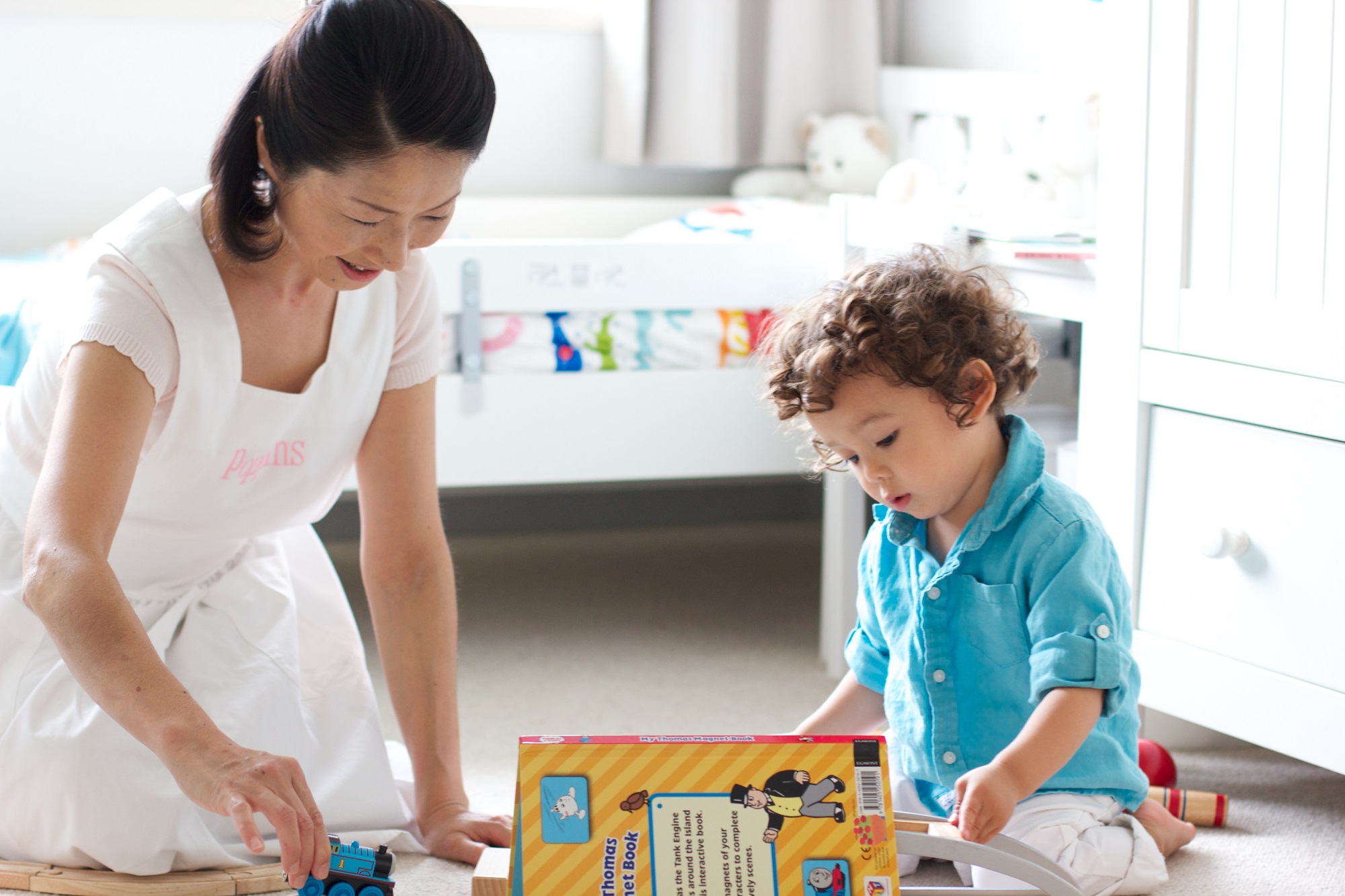Quality childcare is more than just a convenience for working parents; it is an essential component of a child’s early development and overall well-being. These formative years are critical for setting the stage for a child’s physical, emotional, social, and cognitive growth.
In this article, we will explore in depth the profound significance of quality childcare and the pivotal role that a nanny plays in providing it.
See Also: Things You Need to Consider before Hiring a Nanny
Table of Contents
ToggleWhy Quality Childcare Matters:
-
Early Brain Development
The first few years of a child’s life are characterized by remarkable brain growth and development. High-quality childcare environments stimulate a child’s brain through enriching activities and interactions. These early experiences lay the foundation for future learning, impacting a child’s potential for success in school and life.
-
Social and Emotional Development
Children in quality childcare settings have the opportunity to build essential social and emotional skills. They learn to interact with peers, share, cooperate, and manage their emotions. This early socialization fosters a sense of security and trust, setting the stage for healthy relationships throughout life.
-
Preparation for School
A child’s readiness for formal education is significantly influenced by the quality of childcare they receive in their early years. Children who have experienced quality childcare tend to exhibit stronger language and cognitive skills, making the transition to school smoother and more successful.
-
Parental Support
Quality childcare serves as a crucial support system for parents, particularly those who work or pursue further education. Knowing that their child is in a safe and nurturing environment offers peace of mind, allowing parents to focus on their responsibilities.
-
Diversity and Inclusion
Quality childcare settings often embrace diversity and promote inclusion. Children from various backgrounds interact, learn from each other, and develop an understanding and appreciation of differences. This contributes to the creation of a more inclusive and harmonious society.
-
Health and Safety
Child safety and well-being are paramount in quality childcare environments. Providers prioritize health and safety measures, ensuring that children are in a clean, safe, and secure setting. This reduces the risk of accidents and illnesses, promoting overall health.
-
Consistency and Routine
Children thrive in environments that provide stability and predictability. Quality childcare settings follow structured routines that offer a sense of consistency, contributing to a child’s sense of security and comfort.
See Also: What are the Different Types of Nannies | Kiidu
The Role of a Nanny in Providing Quality Childcare:
Nannies are childcare professionals who play a pivotal role in delivering quality childcare. Their roles and responsibilities encompass various aspects that contribute to a child’s development and well-being:
-
Personalized Care:
One of the standout features of nanny care is the personalized attention provided to each child. Nannies tailor their care to meet the unique needs and preferences of each child under their supervision. This individualized approach ensures that children receive the specific support and care they require.
-
Emotional Bonding:
Nannies build strong emotional bonds with the children they care for. This attachment fosters trust and a profound sense of security in children, which is essential for healthy emotional development. Nannies often become trusted and beloved figures in a child’s life.
-
Learning and Play:
Nannies are skilled in creating and facilitating age-appropriate learning activities and play. They recognize the importance of offering stimulating environments that encourage exploration, creativity, and curiosity. From educational games to creative arts and crafts, nannies provide opportunities for children to thrive.
-
Developmental Milestones:
Nannies closely monitor a child’s developmental milestones, from those first steps to the emergence of language skills. They provide activities and experiences that promote physical, cognitive, and social growth, helping children reach these important milestones.
-
Nutrition and Health:
Many nannies take on the role of preparing nutritious meals and snacks for children in their care. They ensure that children receive balanced diets that support their growth and development. Nannies also prioritize hygiene and teach children healthy habits.
-
Safety and Supervision:
A nanny’s primary responsibility is the safety and well-being of the children under their care. Nannies are trained in first aid and CPR, and they implement safety measures to prevent accidents or injuries. Their watchful eyes and protective instincts create a secure environment.
-
Communication:
Effective communication is a hallmark of quality nanny care. Nannies maintain open and transparent communication with parents, keeping them informed about their child’s daily activities, progress, and any concerns that may arise. This collaboration ensures that parents remain actively involved in their child’s development.
-
Flexibility:
Nannies provide flexible care that adapts to the ever-changing needs of families. This flexibility extends to accommodating evening or weekend care, adjusting to shift work schedules, and providing overnight care when necessary. It’s a level of adaptability that can be invaluable to working parents.
-
Support for Milestones:
From potty training to speech development and socialization, nannies are integral in helping children reach developmental milestones. They offer guidance, encouragement, and age-appropriate activities that support a child’s progress.
-
Consistency:
Nannies provide a consistent and dependable presence in a child’s life. This sense of stability and routine can be particularly beneficial for children who thrive in predictable environments, promoting a strong sense of security.
Conclusion
Quality childcare is a fundamental component of a child’s early development and well-being, and nannies play a central role in delivering it. Nannies offer personalized, nurturing, and educational care that sets a strong foundation for a child’s future success and happiness.
Parents can entrust their children to nannies with confidence, knowing that they are contributing to their child’s healthy growth and development. In a world where early experiences shape the future, quality childcare with dedicated nannies paves the way for brighter tomorrows.
See Also: Find a Nanny Near You in Thailand

















